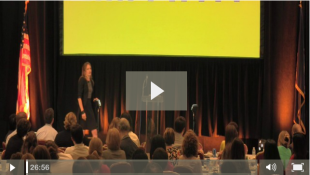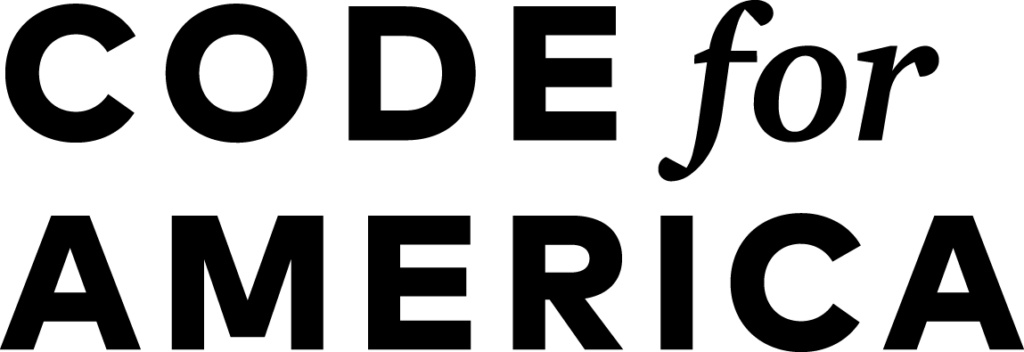
Making a Difference in a Digitally Distracted World
Kate Otto, Founder & Director, Everyday Ambassador
Duration: 26:56 mins
Discussion Questions:
What steps can you take to overcome the disconnectivity paradox? Implement focus, empathy, patience and humility to better connect with your colleagues.
Recap:
Is technology ruining our personal lives and ability to make meaningful connections? That was the question posed by Kate Otto, during the Next Generation of Government Summit lightening presentations.
Kate Otto is a millennial spokeswoman who demonstrates ‘everyday ambassadorship’ through her life journey. At 27 years old she has worked at the highest levels of poverty alleviation on cutting-edge global health solutions with the World Bank, the U.S. Agency for International Development, Partners in Health and Harvard University, and was profiled alongside Melinda Gates in the eBook “Disruptive Women in Healthcare.”
Otto was recently handpicked by the CEO of Campbell Soup as one of 25 notable millennial women leaders, and was recently asked to serve on the Board of Directors of Philanthropy Indaba, an organization designing meaningful global service opportunities for philanthropists. Quick to captivate followers on- and off-line with her call to service, Kate spent her college years galvanizing thousands of her peers into over 300 chapters of Alicia Keys’ HIV/AIDS organization.
Otto’s presentation focused on how digital technology has both connected us more easily than ever before – but also led to what she referred to as the disconnectivity paradox. Otto described the disconnectivity paradox – or the idea that although we are connected more than ever before, we often lack actual true engagement.
She provided four essential traits we must possess to help us overcome the disconnectivity paradox, which we explore below. Her presentation was a refreshing message on the importance of reflection and meaningful action.
Focus:
In a world where we constantly feel pressure to multi-task, often it is best to just focus on one project. Otto shared that research shows that when you focus on one task and finish it, you are more productive than doing more things at once. But the challenge for many is that productivity tools are built on the basis of multi-tasking.
Empathy:
Otto shared the importance of being able to have a thoughtful discussion and learning from peers. Empathy has emerged as a key leadership trait, and as a way to connect with colleagues in a meaningful way.
Patience:
In her presentation, Otto reminds us that change takes time. With the complexity of the problems government is tasked to tackle, change will not happen overnight. “Unfortunately in this digital age there is a tendency to believe we can solve problems very quickly,” Otto said.
Humility:
Humility is a core trait for any leader; they must be able to exert confidence and strength, without becoming overbearing. We live in a world that anyone can become an expert at almost anything. But humility also means that we must be able to admit when we are wrong, or do not know the answers.
“What [digital world] fosters an expectation we can find an answer, but there are many times in life that we don’t have the answer and it becomes increasingly harder to admit that, and it’s becoming a social norm making it harder to facilitate teamwork,” Otto said.
Otto’s comments were a great reminder that although we live in a digital age, it’s imperative that we foster and grow our relationship offline.


